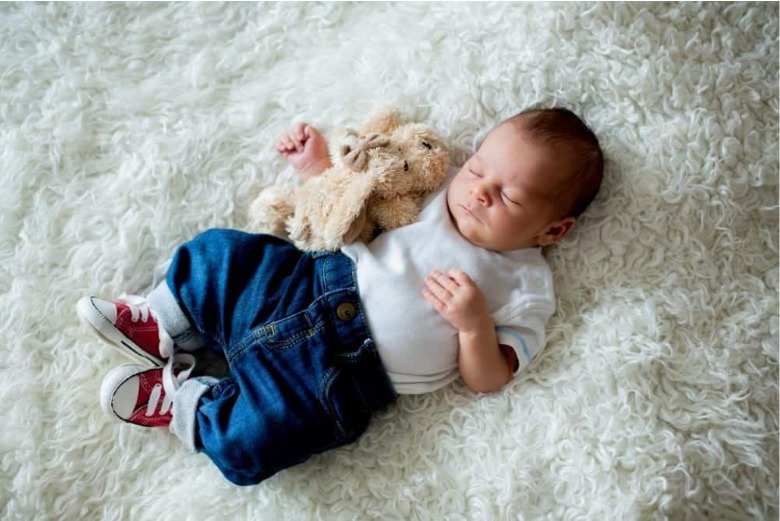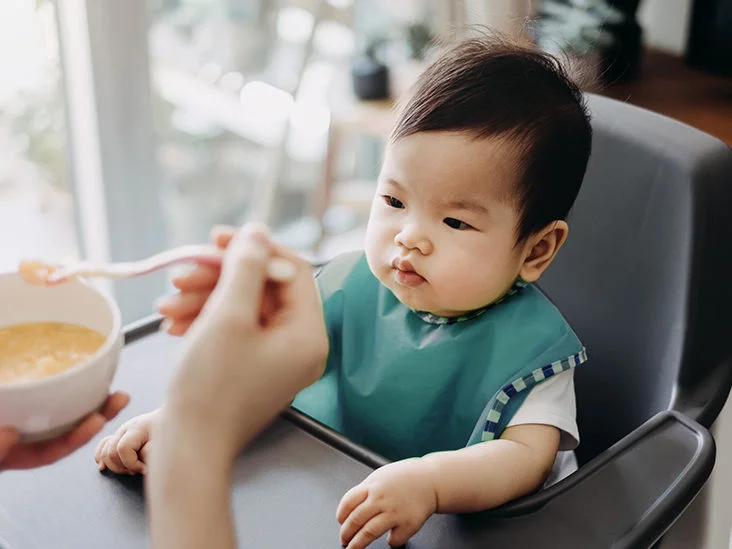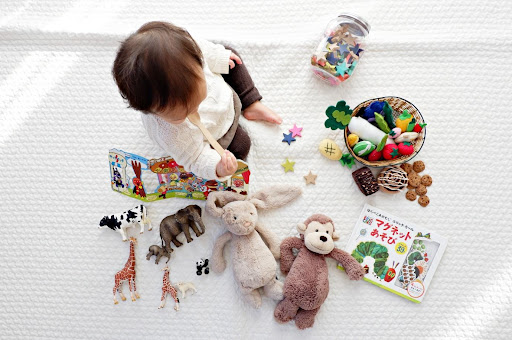
Welcome to Podar Prep Preschool’s enlightening discussion, where we’re going to dive into a topic that many parents encounter – the world of young children and their expressions of aggression. We’re here to help you understand the ‘WHY’ behind your child’s aggression and how nurturing toddler behaviour and emotional regulation play a vital role.
Common Behavior in Children:
So, picture this: very young children, usually under the age of six, sometimes resort to hitting when they struggle to convey their feelings. It’s a pretty common behaviour, and understanding the root cause can make a big difference in how we respond.
Let me share an example: I witnessed a mother and her child engaging in joyful nursery rhyme play. Their interaction was heartwarming, but suddenly, the mother’s phone took centre stage. She picked up the call, leaving her child bewildered and seeking her attention. The child’s attempts to connect went unnoticed, and frustration started building up. And then, the child resorted to what we call the ‘chin hold’ – an attempt to make the mother look at them. This was a crucial moment.
Emotional Regulation Matters:
Now, here’s where emotional regulation comes into play. Imagine if the mother had simply communicated, “We’re going to pause the rhymes for a moment while I take this call, and then I’ll be right with you.” Acknowledging the child’s feelings and setting expectations would have made a world of difference.
Unfortunately, things escalated. The child’s frustration boiled over, leading to an impulsive action – a slap. But what happened next was even more disheartening. The mother caught off guard, reacted with smacks of her own. A beautiful bond temporarily shattered.
Understanding the ‘WHY’:
You see children, especially at a young age, are still in the process of developing emotional regulation skills. When we abruptly shift our attention away from them, leaving them feeling disconnected, they struggle to cope. It’s not about the act of hitting; it’s about an unmet need for connection, attention, and understanding.
Remember that ‘chin hold’ – it’s a plea for attention and validation. When children reach out in this way, it’s crucial for us to respond. Ignoring them or abruptly shifting our focus can intensify their feelings of frustration and isolation.
Final Thoughts:
At Podar Prep Preschool, we emphasize emotional development alongside academic growth. Understanding the ‘WHY’ behind a child’s behaviour is key to nurturing emotional intelligence and healthy coping mechanisms. So, when you notice those moments of frustration in your child, take a pause and connect with them. Let them know you’re there, and their feelings truly matter.
Join us at Podar Prep, the best preschool in Mumbai as we embrace these teachable moments and empower our children to communicate, connect, and thrive. Because it’s not just about addressing aggression; it’s about nurturing emotional growth that lasts a lifetime. Out of all the preschools in India, we’re all about early childhood education, the Montessori approach, child-centric education, child development and providing positive parenting advice for children in the sessions of Parenting Prep with Dr Swati.


